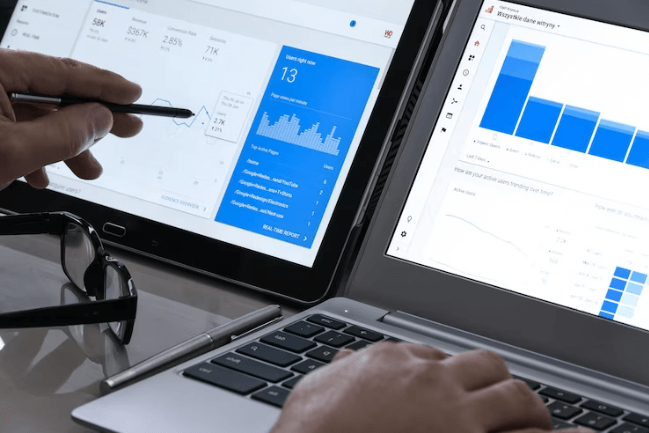Tax preparation can often feel like a daunting task, but with the right strategies and tips, you can turn it into a stress-free experience. As the tax season approaches, many find themselves overwhelmed by the complexity of the process, unsure where to start or how to maximize their returns. This guide will walk you through practical steps to simplify tax preparation, helping you navigate this annual ritual with confidence and ease.
1. Start Early
One of the most effective strategies for stress-free tax preparation is to start early. Beginning your tax preparation well before the deadline gives you ample time to gather documents, review your finances, and address any issues that may arise. This approach not only alleviates the pressure of last-minute filing but also allows you to make more informed decisions about your tax situation. Consider setting a date on your calendar a few months before the deadline to begin organizing your documents and reviewing tax-related information.
2. Organize Your Documents
Effective tax preparation hinges on having all necessary documents organized and accessible. Create a checklist of the documents you’ll need, such as W-2s, 1099s, receipts for deductible expenses, and proof of other income. Use a dedicated folder or digital system to keep these documents together, ensuring you don’t miss any crucial information. By organizing your documents early, you reduce the risk of overlooking important paperwork and streamline the filing process.
3. Understand Deductions and Credits
Tax deductions and credits can significantly impact your tax liability, so it’s essential to understand which ones apply to your situation. Common deductions include those for mortgage interest, student loan interest, and charitable contributions. Credits, such as the Child Tax Credit or the Earned Income Tax Credit, can also reduce your tax bill. Research available deductions and credits to ensure you’re not missing out on potential savings. Utilizing tax preparation software or consulting a tax professional can also help you identify and maximize these opportunities.
4. Consider Using Tax Preparation Software
Tax preparation software can be a valuable tool for simplifying the filing process. These programs often come with user-friendly interfaces and step-by-step guidance to help you navigate the complexities of tax preparation. Many software options also include features for e-filing, which can speed up the process and reduce the likelihood of errors. Be sure to choose a reputable software that fits your needs and budget, and take advantage of any tutorials or support resources offered.
5. Double-Check Your Information
Accuracy is crucial in tax preparation. Errors on your tax return can lead to delays, penalties, or even audits. Double-check all the information you enter, including Social Security numbers, income amounts, and deductions. If you’re using tax preparation software, carefully review the final return before submitting it. A thorough review helps catch mistakes and ensures your tax return is accurate and complete.
6. Stay Informed About Tax Law Changes
Tax laws are subject to change, and staying informed about new regulations or updates is crucial for effective tax preparation. Changes in tax laws can impact your deductions, credits, and overall tax strategy. Keep up with news from the IRS and consult reliable sources to understand how these changes might affect your tax situation. If you’re unsure about any new laws or their implications, consider seeking advice from a tax professional.
7. Plan for Next Year
Once you’ve successfully completed your tax preparation for the current year, take some time to plan for the next. Evaluate your financial situation and consider adjustments that might impact your taxes, such as changes in income, expenses, or financial goals. Implementing a tax planning strategy throughout the year can help you minimize your tax liability and streamline the tax preparation process for the future. Consider setting aside time annually to review your financial situation and make necessary adjustments.
8. Seek Professional Help if Needed
If your tax situation is particularly complex or if you’re unsure about handling your taxes on your own, don’t hesitate to seek professional assistance. Tax professionals, such as certified public accountants (CPAs) or tax advisors, can provide valuable insights and help ensure your tax preparation is accurate and optimized. They can also offer guidance on tax planning and strategies to maximize your returns and minimize your liabilities.
Conclusion
Mastering tax preparation is all about planning, organization, and staying informed. By starting early, organizing your documents, understanding deductions and credits, and considering professional help if needed, you can make the tax filing season much less stressful. Embrace these tips and strategies to approach tax preparation with confidence, and enjoy a smoother, more efficient filing process each year. With the right approach, tax preparation can be a manageable and even empowering part of your financial routine.
Also Read:-




